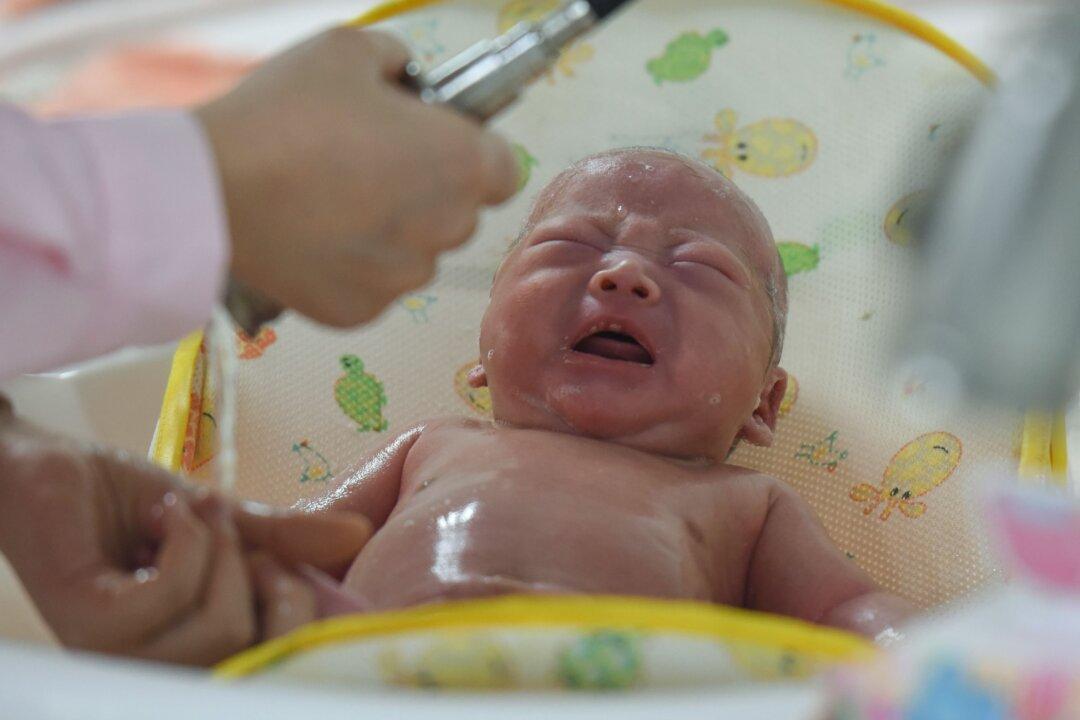After the Chinese Communist Party (CCP) introduced the “three-child policy” in May, local governments started various incentives to encourage people to have more children, including the use of in vitro fertilization (IVF). Analysts believe that the CCP would go as far as using technological means to increase China’s birthrate in an aging population.
On Sept. 14, Chinese state-controlled media CCTV said that, in recent years, more families are choosing assisted reproductive technology with infertility on the rise.





